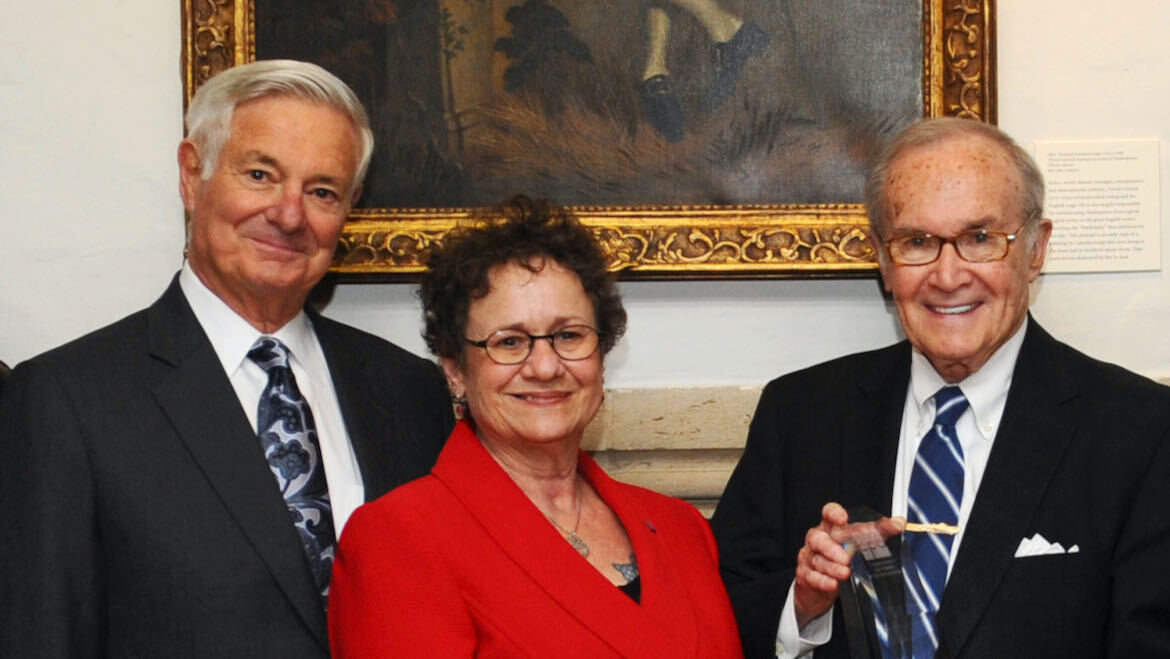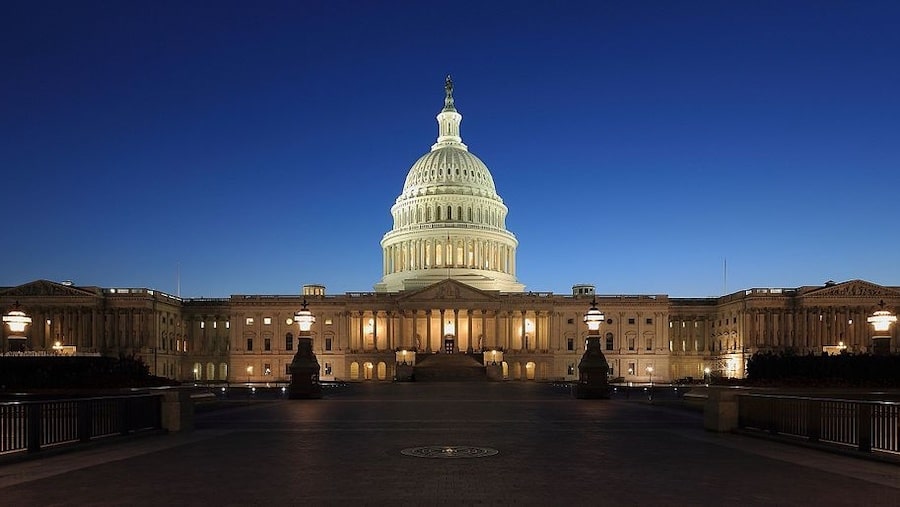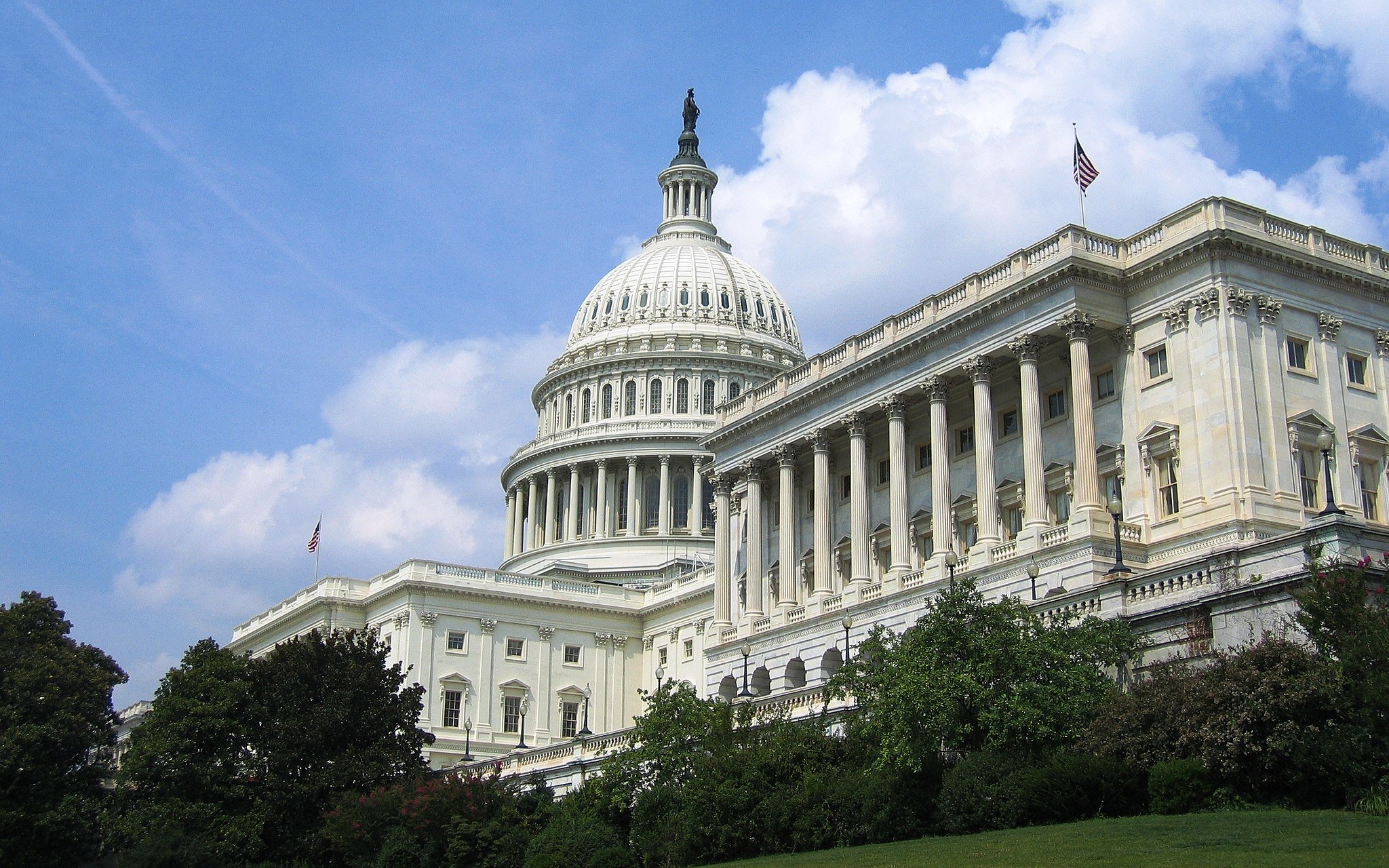Tag: Federal funding
GM who broke ceilings and took heat urges public radio to confront ‘rapidly changing environment’
"The ways we embrace change and respond to the unknown will define us," writes Patricia "Patty" Cahill, former CPB director and retired ...CPB to receive $175M in additional emergency funding
CPB estimates that total losses to the public media system due to the pandemic could approach $400 million.CPB receives FY23 raise, denied emergency relief
The corporation, which had sought $50 million in increased appropriations, got a $10 million bump.Why Biden’s presidency is the time for a funding boost for pubmedia
"With a larger subsidy, public media could play a bigger role in addressing the structural problems with the U.S. media system."Proposed funding in Senate leaves out $50M bump for CPB
Increased funding could support remote-learning services amid the pandemic, argued APTS CEO Pat Butler.CPB requests additional $175M in emergency funds from Congress
If CPB receives the funds, it would bring its emergency support from the government to $250 million.Bipartisan bill inspired by American Graduate proposes grants to stations
The legislation would provide funds to stations for workforce development through the Department of Education.At APTS Summit, Butler says FEMA grant program would be government’s ‘best investment’ in public ...
CPB has asked the Department of Homeland Security to set aside funds for public broadcasting emergency communications.How to fight Trump’s ‘Capitol punishment’ for public media
When racist radio host Rush Limbaugh gets a Presidential Medal of Freedom and a standing ovation in Congress, Current's executive director is ...Trump budget again proposes zeroing out public broadcasting funds
The proposed budget also seeks to zero out Ready To Learn.Senate approves first CPB funding increase in a decade
The appropriation for the Ready To Learn grant program also increased.Two House bills seek to ban federal funds to CPB and NPR
Rep. Doug Lamborn (R-Colo.) has once again proposed legislation to defund CPB and NPR.House approves $50M hike in CPB support
Lawmakers also voted for a $2 million increase in Ready To Learn funds and level support for interconnection.House Appropriations Committee approves increased Ready To Learn funding, $495M for CPB
The bill would boost Ready To Learn funding by more than $2 million.House Appropriations subcommittee approves funding increase for CPB
The bill would add $50 million to CPB's appropriation.











